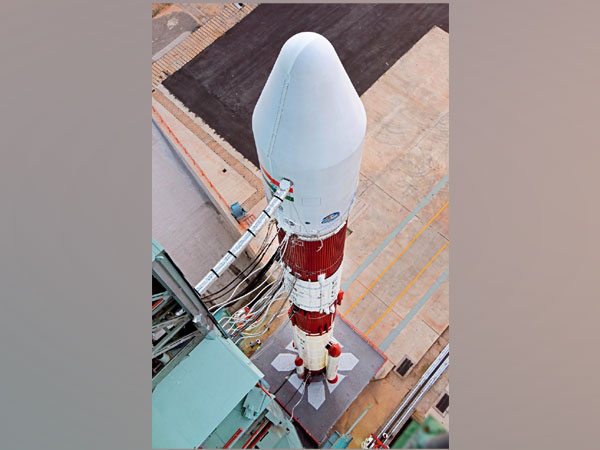The recent launch of Brazil’s Amazonia-1 satellite by the Indian Space Research Organization (ISRO) and export of COVID-19 vaccine to other countries, including Brazil under India’s “Vaccine Maitri” diplomacy, shows howthe knowledge economy can contribute to the Diplomatic Capital of ourcountry.The global success of space and pharma sector indicates the Diplomatic and Soft Powerpotential of India’s knowledge industry.
In the past, the knowledge sector in India has helped other developing countries bybecoming role model for developing their knowledge economy.However, in the last few years; India has lost this edge in the knowledge economy, excluding sectors like space, pharma and information technology.

What is the Knowledge Economy?
The knowledge economy is an economic system in which goods and services are primarily based on knowledge-intensive activities, which contribute to the rapid progress of technological and scientific innovation.An important element, is its over-reliance on human capital and intellectual property for new ideas, information and behaviour.
What is Knowledge Diplomacy?
Knowledge diplomacy refers to the role of international higher education, research and innovation in building and strengthening relations between countries. It opens a new approach to international relations, where science, technology, education and innovation play an important role in geopolitics.
Knowledge diplomacy recognizes that as we move rapidly towards globalization, the interconnected and interdependent world under this system presents new challenges and threats with new opportunities that no nation alone can address.
India’s Knowledge Diplomacy
The history of India’s knowledge diplomacy can be traced back to the early 1950s when many developing countries sought assistance from India to use development-oriented knowledge. During this time, students from Asia and Africa showed interest to get admission to Indian universities to study in postgraduate courses.
The desire to gain access to Indian expertise was expressed by global organizations such as the Food and Agriculture Organization (FAO), the United Nations Industrial Development Organization (UNIDO) and the International Rice Research Institute (IRRI).
For another instance, Rail India Technical and Economic Services (RITES), founded in 1974 by the then Prime Minister Indira Gandhi, earned a global profile by doing business in Africa and Asia. The growth of India’s dairy and livestock economy also attracted global attention.

Currently, due to self-sufficiency in space and pharma sector, India can send satellites of many countries into space at global competitive rates and can supply medicines and vaccines at a cheaper cost to developing countries.
Indians’ good knowledge of the English language and good quality teaching in mathematics and statistics have enabled Indian companies to remain competitive in data processing, business process outsourcing and software services.
Challenges to knowledge diplomacy of India
Talent Flowing out of the country:Since the 1970s, the migration of local talent started in India, since then it has gained a lot of momentum. It has increased rapidly in recent years due to better employment prospects.
Competition from China:
Over the years China has emerged as a strong competitor to India in the region, providing products and services related to science and technology of equal quality (if not superior) at relatively low prices.Although India has maintained its leadership in the IT and software sector, China has developed competitive capabilities in space, pharma, railways and many other knowledge-based industries.

Also read: China’s Power Tactics: Are These Viable??
Degradation of education standards:
The biggest blow to the global image of the knowledge economy of India has been due to the lower standards of the higher education sector.
Falling social environment: Apart from this, the decline in the number of foreign students coming to Indian institutions is not only due to the decrease in the quality of education offered in most institutions but also the increasing influence of narrow ideologies and the social environment available here is no longer so globalist. Has gone, as it used to be.
Some ‘Silver Lining’
Following the path of the success of space and pharma:
If ISRO’s global competitiveness is a result of public policy and government support, the pharma sector has achieved global success due to the contribution of private enterprise and middle-class talent in pharmacology and biotechnology.

India’s current global diplomacy, spanning many countries around the world in the field of space and pharmaceuticals, is the result of 50 years of continued state support for “self-sufficiency” in both fields. Ergo, the success stories of space and pharma need to be replicated in other fields of knowledge as well.
Amelioration of education standards: If India wants to give its human resources an edge over the competition with global talent, then for this, extensive reforms will need to be implemented in the education sector of the country. The recent New Education Policy is the first step towards this development.
This is necessary not only to take advantage of knowledge diplomacy but also to fulfill the aspirations of a country with a population of more than one billion.
